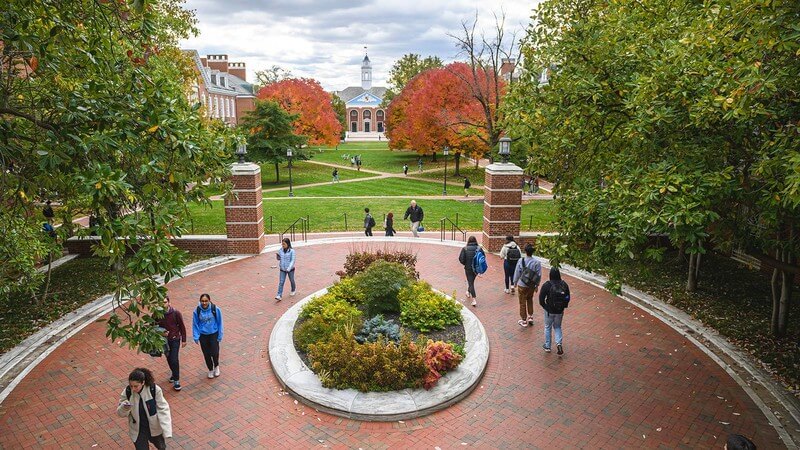
With its liberal arts focus, Harvard provides the type of education that helps you to become a better thinker. You probably won't gain as much concrete knowledge here as you would at a non-liberal arts college, but I think this has more to do with...
” – Cindy


































































































